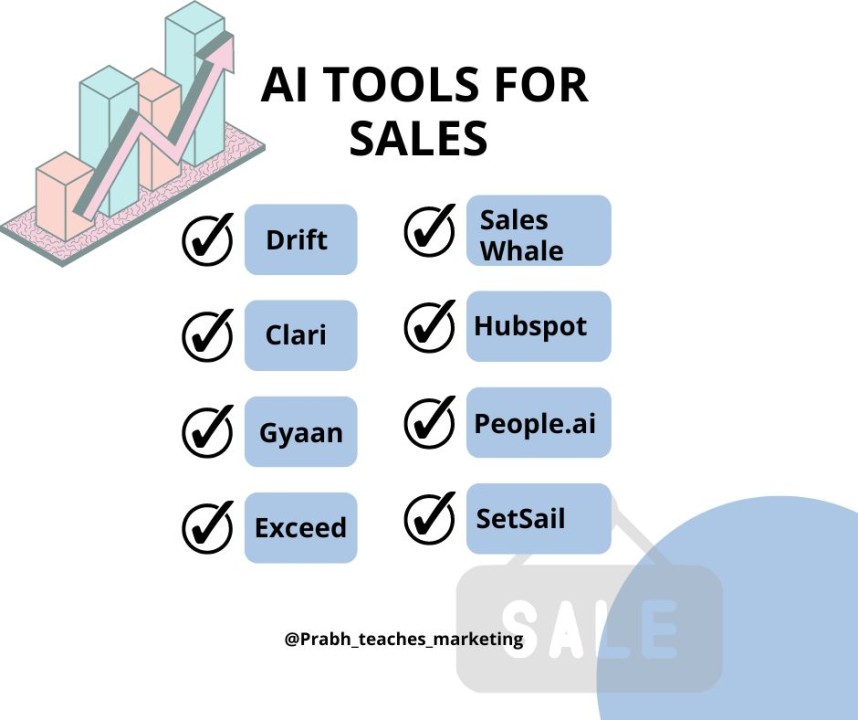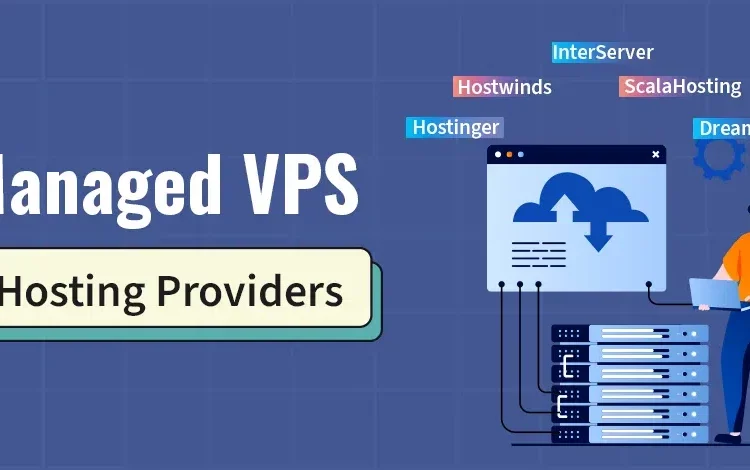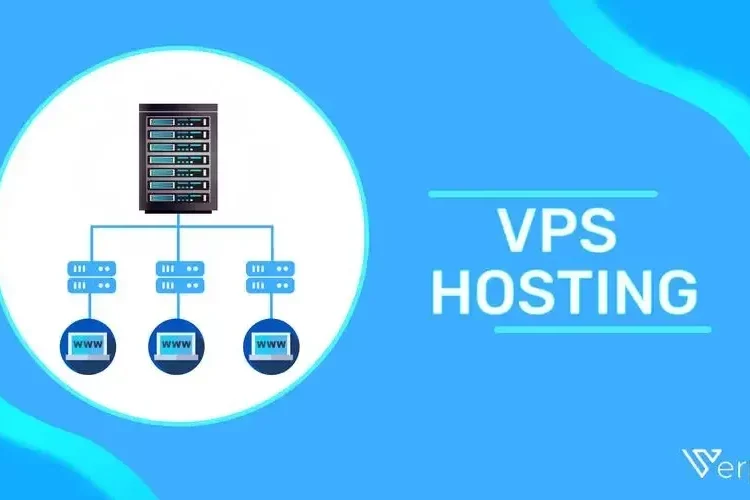The rapid growth of online shopping has fueled a demand for robust hosting solutions that can handle the increasing complexity of modern ecommerce platforms. Cloud hosting services have risen to this challenge, offering a dynamic and adaptable infrastructure that can scale with the demands of a growing business. However, navigating the complexities of cloud hosting and choosing the right provider can be daunting for businesses unfamiliar with these technologies.
Toc
- 1. Understanding Cloud Hosting Services for Ecommerce
- 2. Choosing the Right Cloud Hosting Provider for Ecommerce
- 3. Related articles 01:
- 4. Emerging Trends in Cloud Hosting for Ecommerce
- 5. Top Cloud Hosting Services for Ecommerce
- 6. Related articles 02:
- 7. Optimizing Your Ecommerce Store on Cloud Hosting
Understanding Cloud Hosting Services for Ecommerce

Cloud hosting services operate on the principle of utilizing a network of interconnected servers to provide resources on demand. This approach allows ecommerce businesses to benefit from scalability, performance, and security, which are critical for success in the competitive online marketplace.
How Cloud Hosting Works
At its core, cloud web hosting leverages virtualization technology to create a pool of resources that can be accessed as needed. This means that businesses can easily adjust their resource allocation—such as CPU, RAM, and storage—without the need for physical hardware upgrades. In contrast to traditional hosting, where websites are often limited by the resources of a single server, cloud and hosting solutions provide a more flexible and resilient infrastructure.
Key Benefits of Cloud Hosting for Ecommerce
- Scalability: Cloud hosting services allow ecommerce businesses to scale their resources up or down based on real-time demand. For instance, during peak shopping seasons like Black Friday or Cyber Monday, a well-configured cloud hosting solution can automatically scale resources to handle the surge in traffic, preventing website crashes and ensuring a smooth shopping experience for customers. This allows businesses to capitalize on these high-demand periods without sacrificing performance or customer satisfaction.
- Performance: With cloud website hosting, customers experience faster loading times and improved website speed. The distributed nature of cloud computing ensures that data is delivered from the nearest server, enhancing user experience and reducing bounce rates. Content Delivery Networks (CDNs) are a crucial aspect of cloud hosting for ecommerce. They work by distributing website content across a global network of servers, ensuring that users access data from the nearest server. This significantly reduces latency and improves page load times, leading to a better user experience and increased conversions. For instance, a CDN can help a US-based ecommerce store load faster for customers in Europe, reducing bounce rates and enhancing overall performance.
- Security: Security is paramount in ecommerce, and cloud hosting providers offer robust security features such as firewalls, DDoS protection, and data encryption. These measures help safeguard sensitive customer information, building trust and confidence in your online store. PCI DSS compliance is mandatory for businesses that process credit card payments online. Cloud hosting providers often offer features that simplify compliance, such as automated vulnerability scanning and regular security audits. This ensures that ecommerce businesses can confidently handle sensitive customer data and maintain a secure online environment.
- Cost-Effectiveness: One of the standout features of hosting cloud computing is its pay-as-you-go pricing model. This flexibility allows businesses to avoid hefty upfront investments in hardware and only pay for the resources they actually use, making it an attractive option for startups and growing businesses.
Choosing the Right Cloud Hosting Provider for Ecommerce

Selecting a reputable cloud hosting provider is crucial for the success of your ecommerce business. Here are the key factors to consider when evaluating cloud hosting options:
Scalability and Flexibility
Choose a cloud hosting service that provides the ability to adjust resources seamlessly. Look for features that allow you to scale resources based on your current needs, ensuring your online store can handle traffic spikes without performance degradation. While cloud hosting offers excellent scalability, it’s important to note that excessive resource allocation can lead to higher costs. Businesses need to carefully monitor their resource usage and adjust their plans accordingly to optimize cost efficiency. This involves understanding the peak traffic patterns of their online store and choosing a cloud hosting provider that offers flexible scaling options.
Performance and Reliability
Assess the provider’s uptime guarantees and average load times. A reliable cloud web hosting service should offer at least 99.9% uptime, ensuring your website is consistently available to customers. Additionally, check for content delivery network (CDN) capabilities that enhance performance by delivering content from the nearest server to the user.
Security and Compliance
Security features are non-negotiable for ecommerce businesses. Ensure that your chosen cloud hosting provider offers robust security measures, including SSL/TLS encryption, firewalls, and regular security audits. Compliance with industry standards such as PCI DSS is also essential for securely processing online payments. It’s crucial to remember that even with robust security features, cloud hosting is not completely immune to security breaches. Businesses need to maintain a proactive security posture by implementing strong passwords, regularly updating software, and being aware of potential threats. Collaboration with the cloud hosting provider for security incident response is also essential.
Ecommerce-Specific Features
Look for cloud hosting plans that come with ecommerce-friendly tools. Features like shopping cart integration, payment gateway support, and advanced analytics can streamline your operations and improve the overall customer experience.
4. https://toprunracing.vn/mmoga-the-best-vps-hosting-for-bloggers-and-content-creators-in-2024
Customer Support
Reliable customer support is critical, especially during high-traffic periods. Opt for a cloud hosting provider that offers 24/7 support through multiple channels, ensuring you can resolve any issues promptly.
Pricing and Value
While cost is an important consideration, it’s essential to evaluate the overall value of the services provided. Compare the features, performance, and scalability options against the pricing to find the best fit for your ecommerce needs.
Emerging Trends in Cloud Hosting for Ecommerce

The cloud hosting landscape is constantly evolving. Some recent developments include:
Serverless Computing
Serverless computing is rapidly gaining traction in the ecommerce sector due to its flexibility and cost-effectiveness. Unlike traditional cloud hosting models that require ongoing management of server infrastructure, serverless computing allows developers to deploy code without worrying about the underlying servers. This approach enables businesses to focus more on coding and developing their applications, leaving the infrastructure management to the cloud provider. It can result in reduced operational costs, as companies only pay for the compute time they consume. Serverless architectures also provide automatic scaling, seamlessly handling sudden traffic surges without pre-planning resources, which is particularly advantageous during promotional sales or product launches. By leveraging serverless computing, ecommerce companies can achieve greater agility while optimizing their budget and resource allocation.
Edge Computing
Edge computing is another emerging trend that’s reshaping the ecommerce landscape. This paradigm shifts data processing closer to the source of data generation, reducing latency and improving response times for users. For ecommerce businesses, this means faster loading times, personalized shopping experiences, and improved operational efficiencies. By processing data closer to the customer, businesses can enhance real-time decision-making capabilities, which is especially beneficial for applications like personalized marketing offers or interactive customer support. Furthermore, edge computing supports data sovereignty requirements by ensuring that sensitive data can be processed locally, adhering to regional regulations. As the demand for high-speed and real-time processing grows, edge computing stands out as a key solution in delivering swift and seamless experiences to online shoppers while optimizing backend operations.
Artificial Intelligence and Machine Learning Integration
The incorporation of Artificial Intelligence (AI) and Machine Learning (ML) in cloud hosting services offers ecommerce businesses unprecedented opportunities to enhance their capabilities. AI and ML can be leveraged to provide personalized shopping experiences by analyzing vast amounts of customer data to deliver targeted product recommendations and dynamic pricing strategies. Furthermore, predictive analytics enabled by ML can help forecast demand trends, manage inventory efficiently, and optimize supply chain operations. In the realm of customer service, AI-powered virtual assistants and chatbots are increasingly deployed to handle routine inquiries, reducing response times and freeing up human resources for more complex issues. The integration of AI and ML in cloud hosting not only drives operational efficiency but also significantly boosts customer satisfaction by offering tailored and responsive shopping journeys. As these technologies continue to evolve, their role in ecommerce cloud hosting is set to expand, delivering even greater value to online retailers.
Multi-cloud Strategies
Adopting a multi-cloud strategy is becoming a popular approach for ecommerce businesses looking to enhance resilience and avoid vendor lock-in. This strategy involves leveraging services from multiple cloud providers, allowing businesses to select the best offerings to meet specific aspect needs, such as performance, pricing, or geographic coverage. By using a multi-cloud approach, ecommerce companies can ensure that their infrastructure remains robust against potential outages or disruptions affecting any single provider. Additionally, it enables a degree of flexibility and control over data distribution, which is particularly beneficial for meeting diverse compliance requirements across regions. While managing multiple cloud services may introduce some complexity, the benefits of increased redundancy, scalability, and tailored service utilization make multi-cloud strategies an attractive option for modern ecommerce operations. Hiring skilled personnel or consulting with cloud management experts is often advisable to successfully implement and maintain a multi-cloud environment.
Top Cloud Hosting Services for Ecommerce

When it comes to cloud hosting services tailored for ecommerce, several providers stand out for their unique features and benefits:
Liquid Web
Liquid Web specializes in managed cloud hosting solutions that cater specifically to ecommerce businesses. Their services include lightning-fast performance, built-in security measures, and seamless scalability. Features such as automatic backups and a global content delivery network ensure that your online store remains operational and secure.
Cloudways
Cloudways offers a flexible cloud hosting platform where businesses can choose from leading infrastructure providers such as DigitalOcean, Linode, and Amazon Web Services (AWS). This flexibility allows for tailored solutions based on specific business needs. Their user-friendly control panel, automated backups, and advanced security tools make it a strong contender for ecommerce hosting.
1. https://toprunracing.vn/mmoga-the-best-vps-hosting-for-bloggers-and-content-creators-in-2024
Hostinger
Hostinger is known for its affordable cloud hosting solutions that leverage the power of the Google Cloud Platform. Their ecommerce-optimized cloud plans provide impressive performance and scalability, along with daily backups and a built-in content delivery network. Hostinger’s user-friendly approach makes it accessible for businesses of all sizes.
SiteGround
SiteGround offers highly customizable cloud hosting solutions that can be tailored to meet the specific requirements of ecommerce businesses. With features like automatic scaling, daily backups, and free SSL/TLS certificates, SiteGround provides a robust and reliable environment for growing online stores. Their 24/7 customer support and strong uptime guarantee further enhance their appeal.
A2 Hosting
A2 Hosting is a popular choice for ecommerce websites, thanks to its “Turbo” cloud hosting plans that deliver exceptional performance. By utilizing solid-state drive (SSD) storage and advanced caching techniques, A2 Hosting ensures that your online store runs smoothly and efficiently. They also offer free SSL/TLS certificates, a content delivery network, and 24/7 customer support.
Optimizing Your Ecommerce Store on Cloud Hosting

To fully leverage the benefits of cloud hosting services, consider implementing the following optimization strategies:
Website Optimization
Optimizing your ecommerce website involves a combination of techniques aimed at improving speed, usability, and customer experience. Start by ensuring that your website’s design is responsive and mobile-friendly, as a significant portion of online shopping occurs on mobile devices. Implementing a content delivery network (CDN) can enhance load times by distributing content across multiple locations, thus reducing latency for users around the globe. Additionally, compressing images and utilizing browser caching can further speed up your site, contributing to a smoother user experience. It’s also wise to optimize your checkout process to minimize cart abandonment rates, which may involve simplifying form fields, providing guest checkout options, and clearly displaying shipping costs and estimated delivery times. Regularly monitoring website performance and leveraging analytics tools can provide valuable insights into user behavior and help identify areas for improvement. By continuously refining these elements, ecommerce businesses can maintain a competitive edge and deliver an exceptional online shopping experience.
Security Enhancements
In the rapidly evolving world of ecommerce, ensuring the security of your online store is paramount. With cyber threats on the rise, businesses must implement robust security measures to protect sensitive customer information and maintain trust. Start by securing your website with SSL/TLS certificates, which encrypt data transfers and safeguard personal information. Employing advanced firewall protection and regularly updating security patches are essential practices to defend against unauthorized access and malware attacks. Additionally, implementing two-factor authentication (2FA) for user accounts can add an extra layer of security by verifying user identities. It’s also crucial to conduct regular security audits and vulnerability assessments to identify potential risks and address them promptly. Training staff on cybersecurity best practices can further strengthen your defense against security breaches. By prioritizing security enhancements, ecommerce businesses can build customer trust and ensure a safe shopping environment.
Scalability Considerations
As your ecommerce business grows, scalability becomes a crucial factor in maintaining optimal performance and customer satisfaction. Cloud hosting environments inherently support scalability by allowing businesses to adjust resources as demand fluctuates. To effectively manage scalability, it’s essential to understand your store’s traffic patterns and plan for peak times by leveraging auto-scaling features. This functionality can automatically allocate additional resources during high traffic periods and reduce them when they are no longer needed, ensuring cost-effectiveness and efficiency. Additionally, consider implementing load balancing to distribute incoming network traffic across multiple servers, thus preventing any single server from becoming overwhelmed. This approach not only enhances website performance but also strengthens reliability by ensuring the continuous availability of your online store. By thoroughly assessing your scalability needs and regularly testing your cloud infrastructure’s capacity to handle increased loads, you can ensure that your ecommerce platform remains robust and capable of accommodating business growth seamlessly.
Future Trends in Ecommerce Cloud Hosting
As the ecommerce landscape continues to evolve, businesses must stay abreast of emerging trends in cloud hosting to maintain a strong market presence. One significant trend is the increasing reliance on artificial intelligence (AI) and machine learning (ML) to enhance customer experiences and optimize operational processes. These technologies can help analyze consumer behavior, personalize shopping experiences, and improve inventory management. Additionally, the use of edge computing is gaining momentum, minimizing latency and improving data processing speed by decentralizing computing resources closer to the source of data. This approach is particularly beneficial for ecommerce businesses, where real-time processing and rapid response times are critical. Sustainability is also becoming a priority, with more businesses seeking eco-friendly cloud hosting solutions that reduce environmental impact. By adopting these innovative approaches, ecommerce businesses can not only boost performance and efficiency but also adapt to consumer expectations and remain competitive in a rapidly changing digital marketplace.











